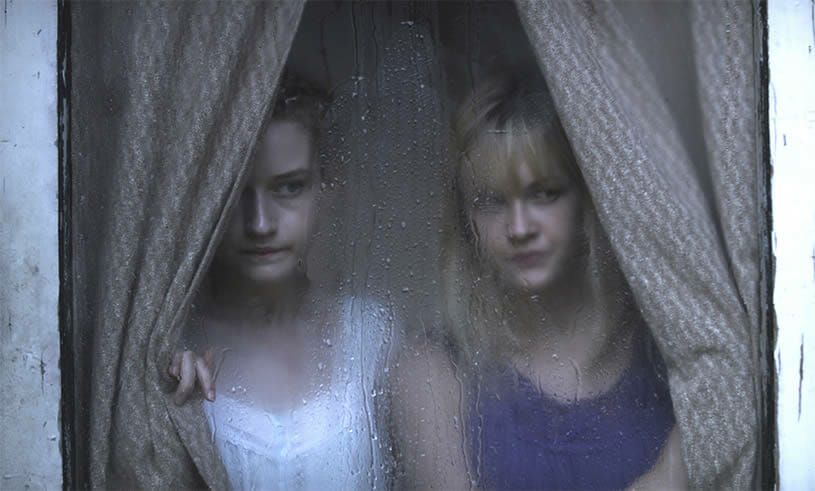We Are What We Are

The principle of “Show, don’t tell,” is every bit as essential to film as it is to literature. Given film’s role as a visual medium, it could easily be said it’s more essential. When it adheres to this storytelling maxim, Jim Mickle’s gender-flipped remake of Jorge Michel Grau’s well-received 2010 horror flick, We Are What We Are, is a powerfully expressed, atmospheric gem. If only it didn’t flinch from time to time, seemingly unable to resist the temptation to make sure the audience “gets it.”
-

-

-

-

-

-

-

-

-

-

-

-

-

-

-

-

-

-

-

-

-

-

-

-

-

-

-

-

-

-

-

-

-

-

-

-

-

-

-

-








































